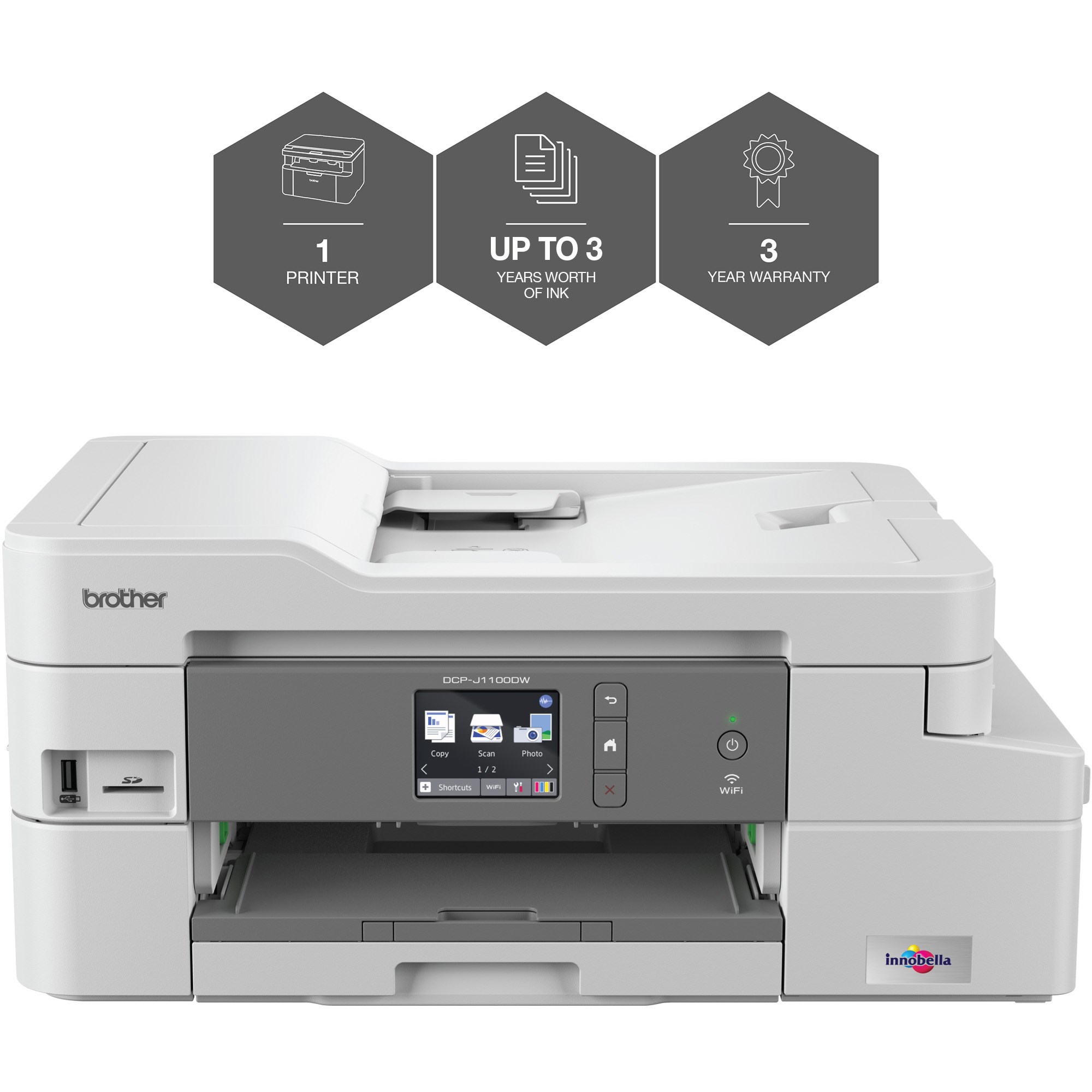


If you think its not fast enough, you can add as many RenderNodes as you like to increase speed. Thats all there is to do.Īnd btw, we are definetly the fastest DCP encoding tool out there. Select the correct content type/country codes etc, very intuitive. Then drag and drop it onto FinalDCP reel section. Just export a DNxHD mov file (use the best settings for quality reasons), preferably including audio if you have it already. Its very streamlined to create a DCP from AVID (or any other editor) fast and reliable. You might look into our FinalDCP FREE Edition. Others have had luck with NTFS and HFS formatted drives but EXT seems to be the surest bet. Buy Paragon's simple EXTFS for OSX to create, read and write to this file system. When it's all created just be sure to copy the dcp files to the root of a linux formated drive (mine was EXT 3). I'm sure openDCP will be subject of some serious debate as it gains traction but there is no deniying it's an amazing piece of software. This changes everything for me as an editor and filmmaker and also for my students who will now (due in part to a great relationship with our local multiplex) get to see the work we produce on a screen worthy of our efforts. Image was incredible and the stereo mix sounded really good too. My test was in a very big multiplex in it's biggest screen (600+ seats) and although a proper 2K or 4K version would look much better, this "blow up" still blew my socks off. It also takes care of MXF creation and XML metadata too and results in a perfect DCP. OpenDCP took care of colour conversion to XYZ and also image scaling from 1920x804 to 2048x858 (it looked great). (I also exported a stereo WAV file from my DNx185X QuickTime). From there it was over to openDCP for the easiest mastering process you could imagine.

My DCP was created from a DNxHD 185X Quicktime exported from Media Composer from which a cropped 16bit TIFF image sequence was exported from Squeeze (to conform to a 2.39:1 aspect ratio as the film was shot on Red Epic 5K Scope). Start off by downloading the amazing, free, opendcp software ( ) and then check out these great guides on using it. Just tested my first DIY DCP in my local multiplex yesterday and the process was incredibly simple.


 0 kommentar(er)
0 kommentar(er)
